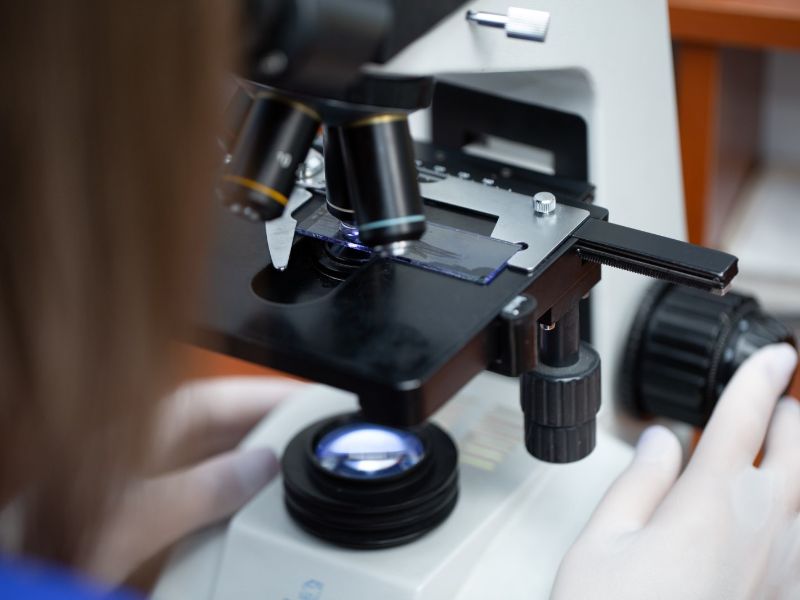New Treatment Strategies for Canine Mammary Tumors
Canine mammary tumors are common in middle-aged or older bitches. Risk factors include increased age, exposure to ovarian and growth hormones, ovariectomy after 2.5 years of age, and obesity at a young age. Approximately half of these tumors are malignant, and local recurrence and distant spread are possible following surgical removal. Prognosis is affected by the tumor size, type (adenocarcinoma or sarcoma), grade (biologic aggressiveness), and clinical stage (spread of disease throughout the body) at diagnosis. While these tumors are rarely fatal, they remain a major health concern for intact females. The AKC Canine Health Foundation (CHF) and its donors are committed to improving the health of all dogs and have funded several studies aimed at new treatment strategies for canine
mammary tumors.
New imaging techniques and a better understanding of the tumor microenvironment show promise to improve outcomes for dogs with mammary cancer.
Investigators at The Ohio State University are exploring the use of optical coherence tomography (OCT) to help clinicians achieve adequate margins during surgical removal of canine mammary tumors and soft tissue sarcomas. OCT uses light waves to generate real time high-resolution images of tissues to detect residual cancer cells immediately following surgical removal. Results thus far demonstrated that different tissue types have unique characteristics on OCT images, which closely correlate with standard microscopic biopsy images. With training, clinicians have been able to accurately interpret OCT images. Ongoing study is evaluating whether OCT can improve the accuracy of detecting residual cancer in dogs following surgical removal compared to traditional biopsy. Use of this technology shows promise in minimizing the need for additional surgeries or other treatments and to decrease tumor recurrence in dogs with mammary tumors.
Other advancements in the treatment of canine mammary tumors expand upon the discovery that the tumor microenvironment helps to regulate biologic behavior in human breast cancer. Similarly, in dogs, non-malignant cells and other materials surrounding a mammary tumor, specifically collagen, help to regulate the growth and spread of cancer. Investigators at the University of Pennsylvania found that cancer-associated collagen signatures predict the clinical outcome for affected patients better than other commonly used biomarkers. They are now using these collagen signatures in a clinical setting to determine if they can predict clinical outcome for previously challenging tumor types. Ongoing studies are also examining which factors promote formation of tumor-favorable collagen signatures and if biomaterials placed in the resected tumor site can help to prevent tumor regrowth.
Surgical removal remains the gold standard treatment for canine mammary tumors. However, recent advancements in CHF-funded studies have introduced groundbreaking tools that may change the way we approach this treatment. These innovative tools not only allow surgeons to completely remove tumor tissue in one surgery but also provide valuable biomarkers that offer insights into tumor prognosis and open up new avenues for treatment options. Learn more about CHF-funded cancer research at: akcchf.org/caninecancer.









